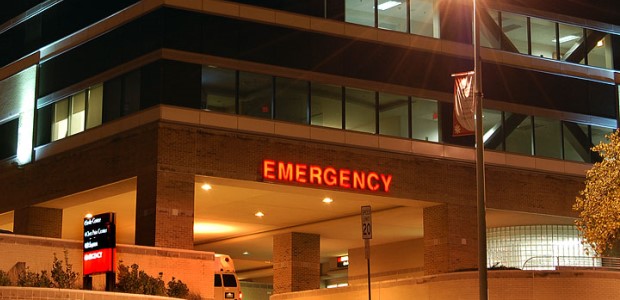
Higher Mortality Rate for Heart Attack Patients Reaching Hospitals in Off-Hours
Mayo Clinic researchers performed a meta-analysis of 36 studies involving 1.9 million patients with acute myocardial infarction. They found differences in mortality between those arriving at the hospital in off-hours and regular hours have increased in recent years.
Heart attack patients who arrive at a hospital at night or during a weekend have a higher mortality rate, and their emergency treatment takes longer, than for those arriving during regular hours, a study published by BMJ concludes. The study was produced by researchers and physicians at the Mayo Clinic in Rochester, Minn.
Their meta-analysis involved a total of 48 studies enrolling nearly 2 million patients, including 36 studies involving 1.9 million patients with acute myocardial infarction. Off-hours arrival for the patients with acute myocardial infarction was found to be associated with higher short-term mortality; their analysis indicated this difference is larger in countries outside North America, and the differences in mortality between those arriving at the hospital in off-hours and regular hours have increased in recent years.
About a million U.S. residents experience an acute myocardial infarction per year, and globally it is a leading cause of death, according to their paper, "Off-hour presentation and outcomes in patients with acute myocardial infarction: systematic review and meta-analysis," which said higher off-hours mortality may be caused by a lower likelihood of receiving evidence-based treatment and timely reperfusion therapies and also by the number of hospital staffers and their expertise who are present during off-hours.
BMJ (formerly the British Medical Journal) is an international peer-reviewed medical journal and an "online first" publication.